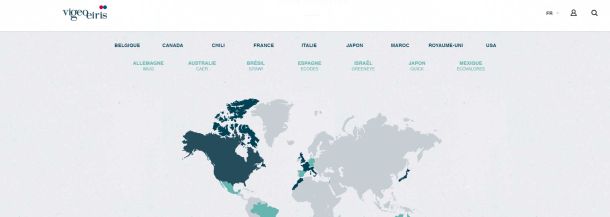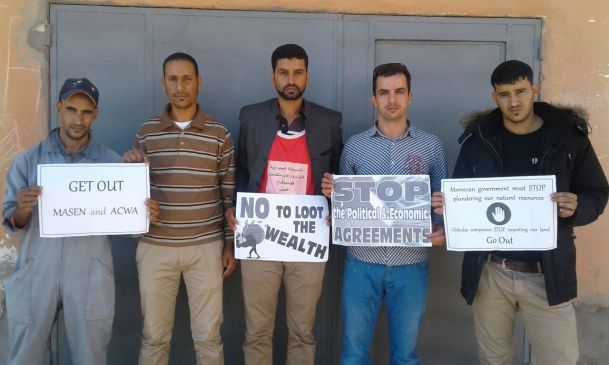
The Clean Development Mechanism insists on following normal approval procedures regarding Morocco's for projects in Western Sahara.
Western Sahara Resource Watch earlier this year proposed to the Clean Development Mechanism to put in place measures for early rejection of Moroccan requests seeking approval for projects in occupied Western Sahara.
"Even though CDM board has of yet not been in a situation in which it has to decide on registering a CDM project in Western Sahara, Western Sahara Resource Watch continues to have grave concerns about future possible CDM funded projects in the territory, as well as the process by which such projects are received and potentially approved. We respectfully recommend that the Clean Development Mechanism must not provide funding for any activities in that part of Western Sahara which continues to be illegally held by the Kingdom or Morocco, and that there must necessarily be in place transparent, functioning measures to ensure the early rejection of requests for approval of such projects, lest they be used to legitimize an occupying presence in the territory", WSRW wrote on 24 December 2012.
But in a letter to WSRW on 8 April 2013, the CDM rejects the suggestion.“The Executive Board determines whether or not a project activity or programme of activities is to be registered on the basis of a specific request for registration. It does not usually make general determinations or statements in relation to a specific Party of territory per se. In this regards, any potential project activities located in Western Sahara, if submitted for registration, would be assessed on a case-specific basis taking into account all the relevant procedures and considerations”, the CDM Executive Board replied to WSRW.
WSRW’s proposal follows Morocco’s attempts to secure CDM support for several projects it intends to undertake in the territory it illegally occupies.
The UN Clean Development Mechanism was established under the Kyoto protocol to promote clean development in developing countries. Projects obtaining CDM-certification receive carbon credits, which could be sold to parties interested in lowering their carbon footprint.
“If the CDM were to validate a Moroccan-owned project in occupied Western Sahara, then that would mean that the UN would be endorsing and indirectly sponsoring a project in what it considers to be a Non-Self Governing Territory in the process of decolonisation, a territory that the UN does not consider to be part of Morocco”, says Sara Eyckmans of Western Sahara Resource Watch.
A wind energy project in Western Sahara carried out by the Moroccan company NAREVA in collaboration with Siemens was turned down by Det Norske Veritas (DNV), the Norwegian company contracted to evaluate the project. DNV had issued a negative opinion, precisely because the project was located outside of Morocco’s internationally recognised borders: in Western Sahara.
Several other Moroccan-led projects in occupied Western Sahara are still up for assessment by CDM, including a solar energy project to further the illegal fisheries industry. In addition, two more projects are in the pipeline from CDM in Morocco; one to generate energy for the cement industry, and another for the phosphate industry.
“CDM should clarify that a company cannot apply for CDM support for projects in areas that lie outside of the internationally accepted borders of the State in which they are based”, Eyckmans continues. “That would be in line with the UN’s position on Western Sahara”.
The correspondence between WSRW and the CDM Executive Board is also available on the webpage of the UN Framework Convention on Climate Change.
Vigeo Eiris goes back on false claim
Vigeo Eiris reports untruly about UN human rights approval
The company that certified energy infrastructure in occupied Western Sahara, claims that a UN body had found the company not to breach human rights.
UN Global Compact drops Vigeo Eiris case after own goal
Moroccan King’s wind farm project on occupied land gets thumbs down
Norwegian company DNV, certified by the UN Clean Development Mechanism (CDM) to evaluate projects seeking CDM-funding, has issued a negative opinion on the Moroccan King’s envisioned windfarm project in occupied Western Sahara – precisely for taking place in a politically controversial area.


